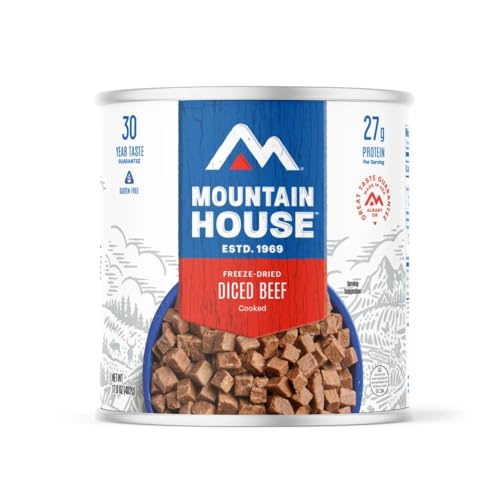cortttt
Well-known member
- Joined
- Jan 8, 2016
- Messages
- 507
- Reaction score
- 13
Here's the issue - a baby V-8 with little low end torque may have to tow a 5000 lb trailer in the future. I'm not worried about on-road - although I would hardly look forward to some hills. Off-road is my concern as I tend to get into some somewhat sketchy areas and do get stuck from time to time.
With the 6.6L vans - reportedly with nice-low end torque - rarely available and with used vans at an astonishing premium - I'm stuck with this van for now. So what to do to get more low end torque?This van has simply terrible low-end torque. It's unable, for instance, to make it up dirt hills. (It has a limited slip by the way). So how to increase that? I've thought of swapping an 6.0 L engine in for the 4.8L and driving it for another 100K. I haven't found any shops that would be interested. I don't know if a turbocharger can be added to it? Or if it can if that's a good idea at all.
There's also the possibility of adding 4x4 - very expensive - but less than buying another van.
The last choice is to just be very careful where I take it.
Anybody towing with a 4.8L engine?
With the 6.6L vans - reportedly with nice-low end torque - rarely available and with used vans at an astonishing premium - I'm stuck with this van for now. So what to do to get more low end torque?This van has simply terrible low-end torque. It's unable, for instance, to make it up dirt hills. (It has a limited slip by the way). So how to increase that? I've thought of swapping an 6.0 L engine in for the 4.8L and driving it for another 100K. I haven't found any shops that would be interested. I don't know if a turbocharger can be added to it? Or if it can if that's a good idea at all.
There's also the possibility of adding 4x4 - very expensive - but less than buying another van.
The last choice is to just be very careful where I take it.
Anybody towing with a 4.8L engine?











































































